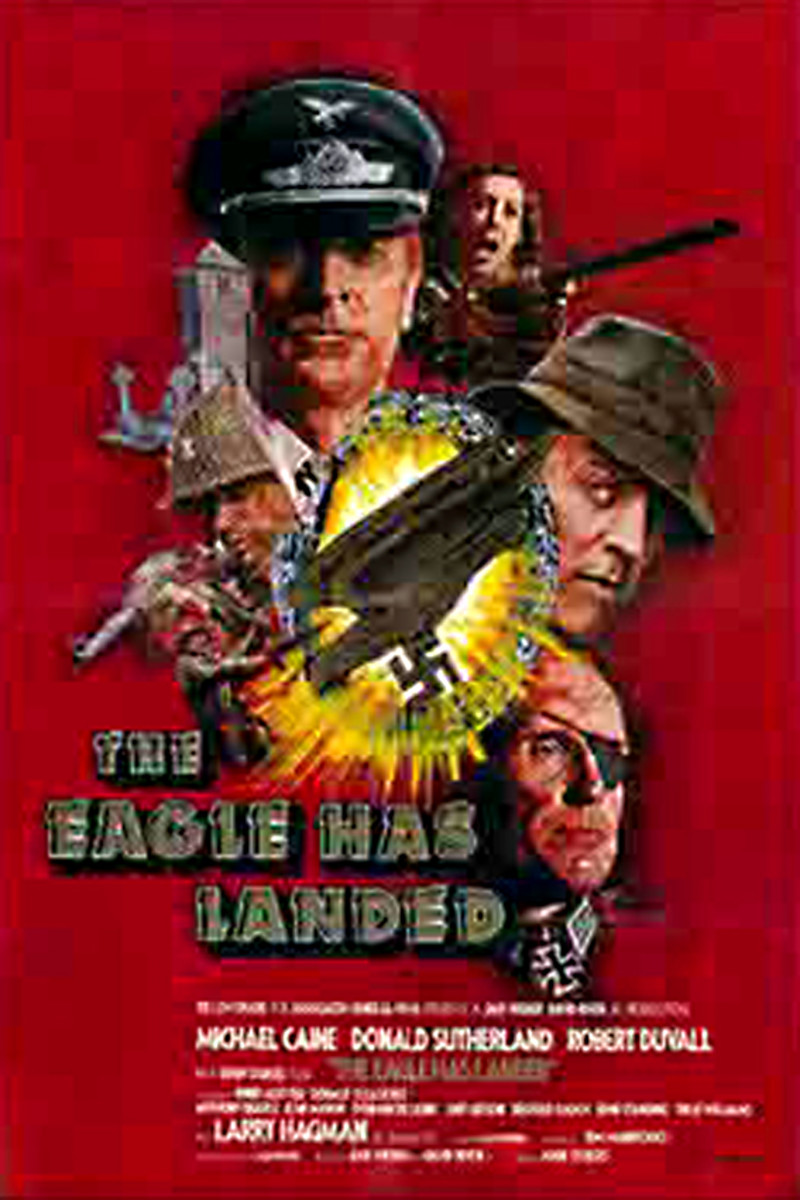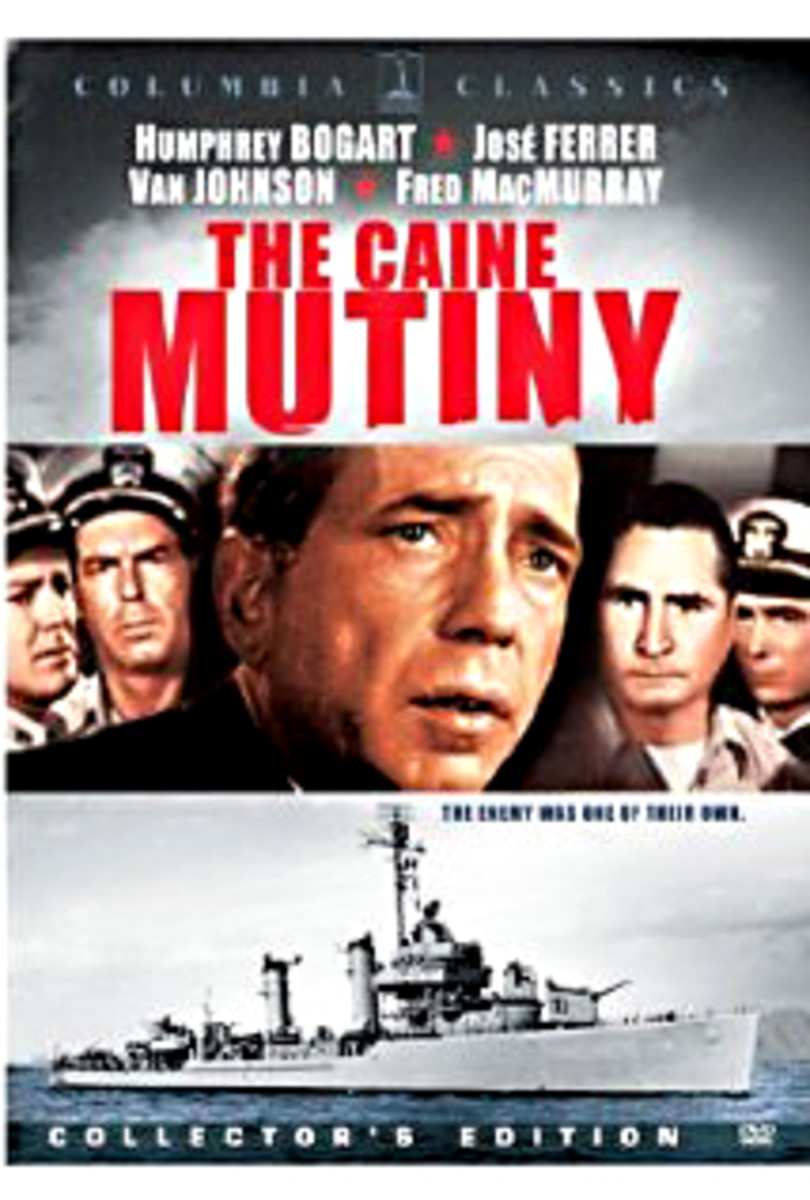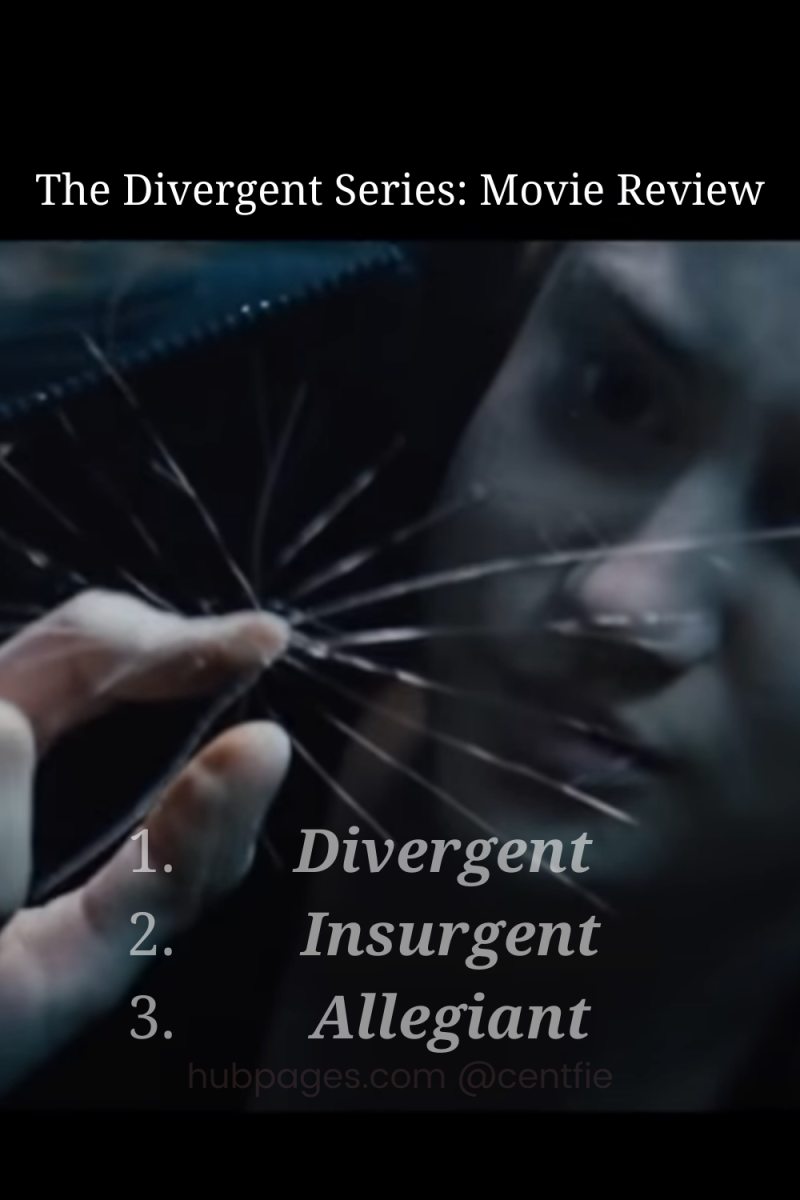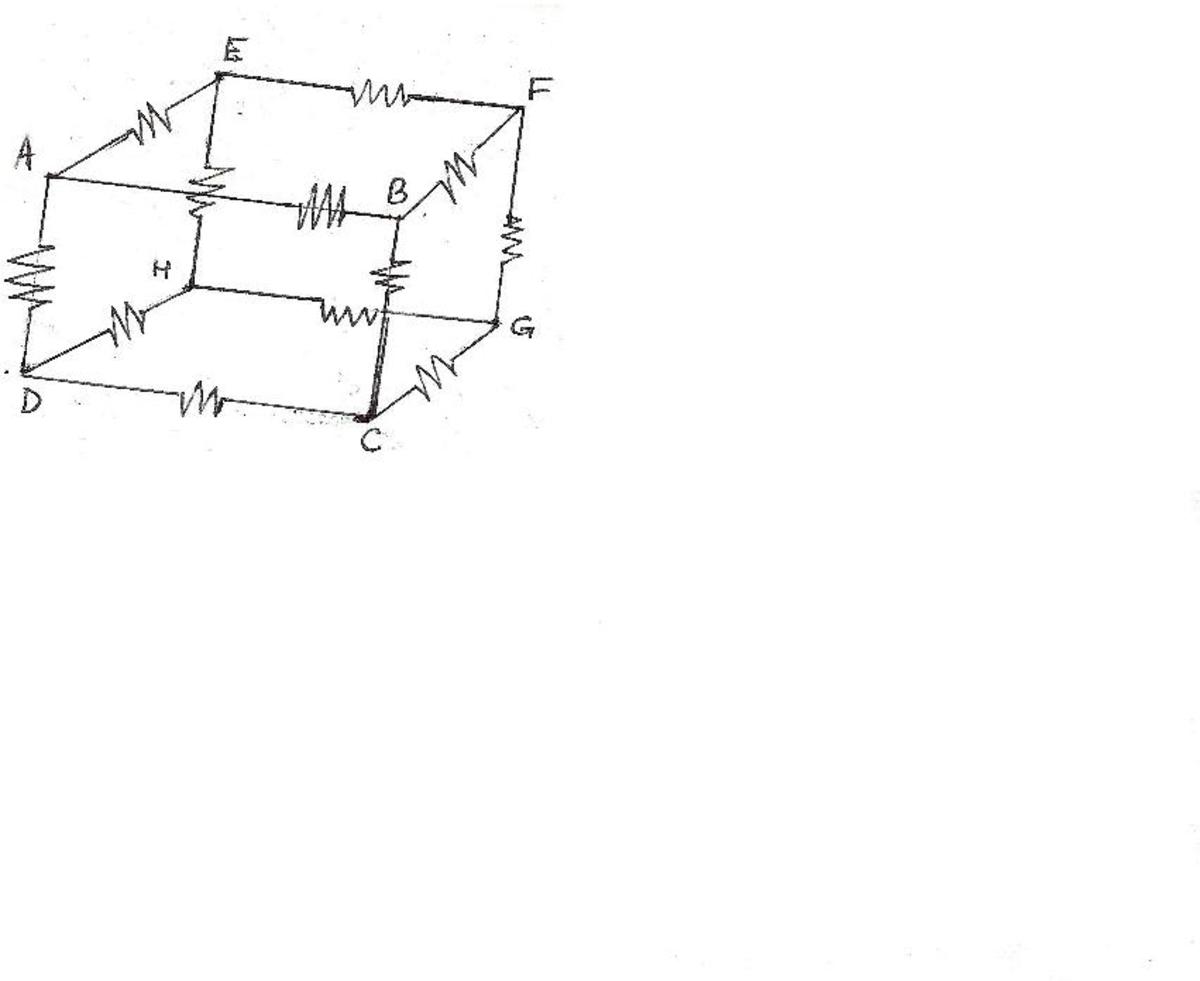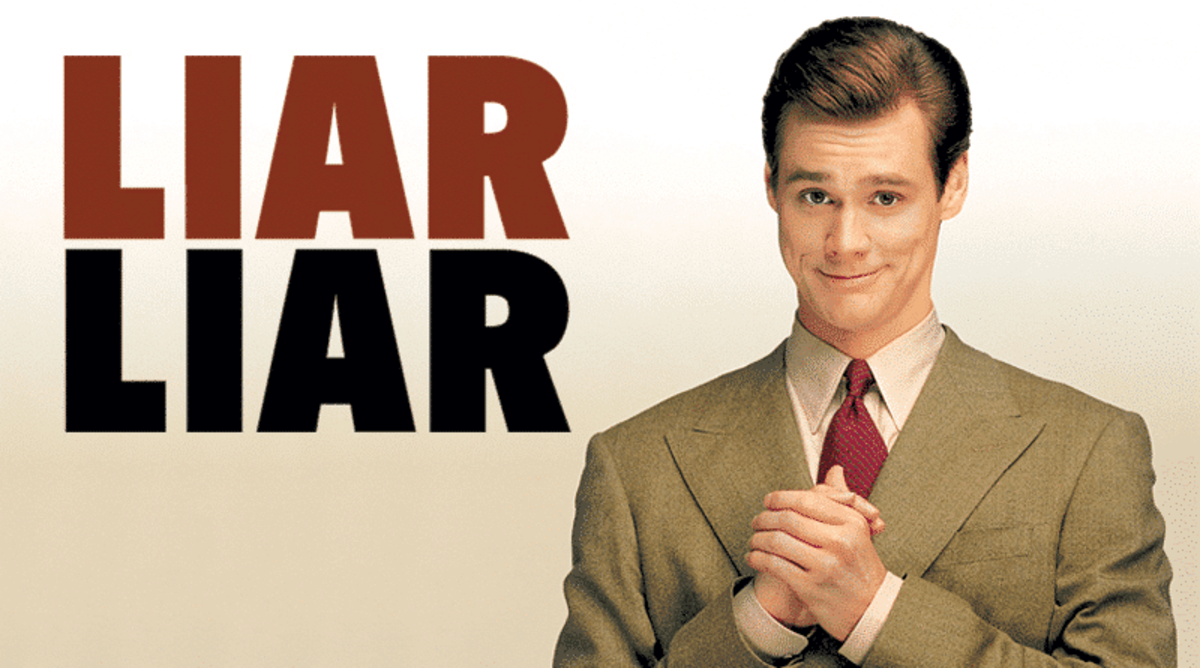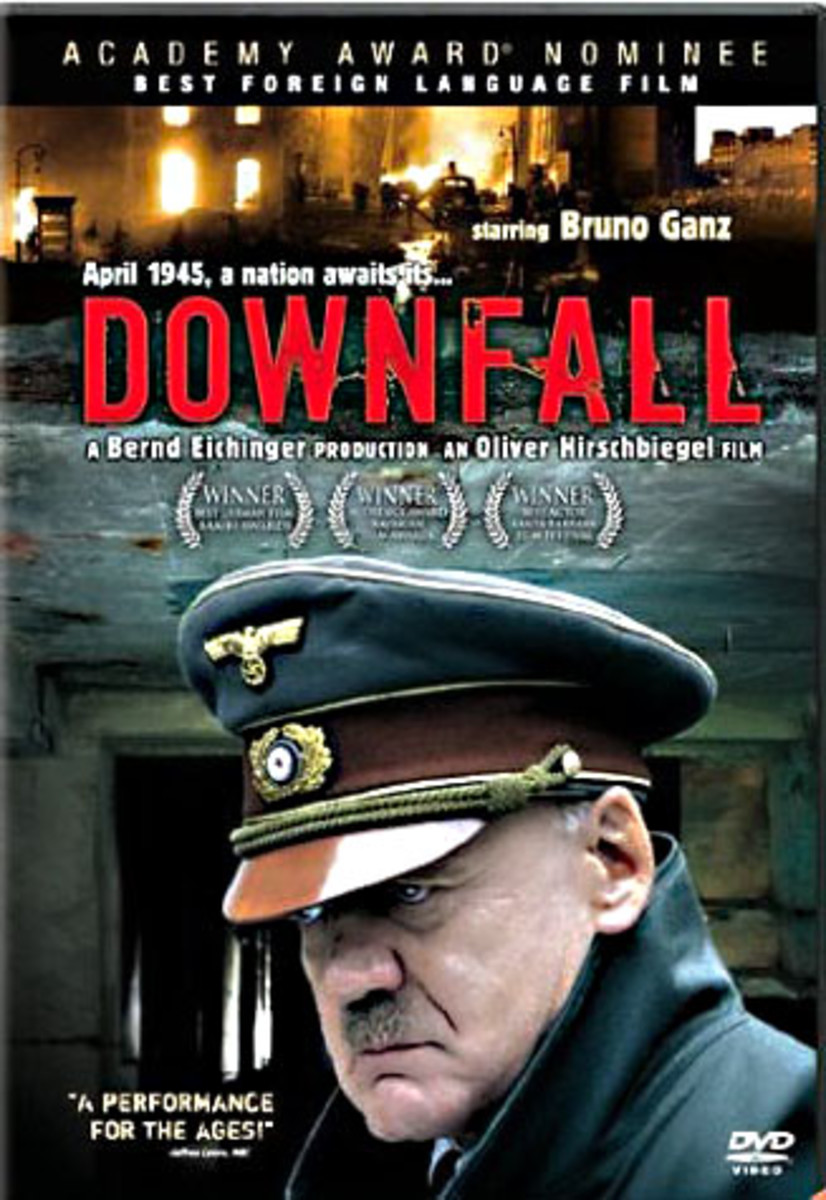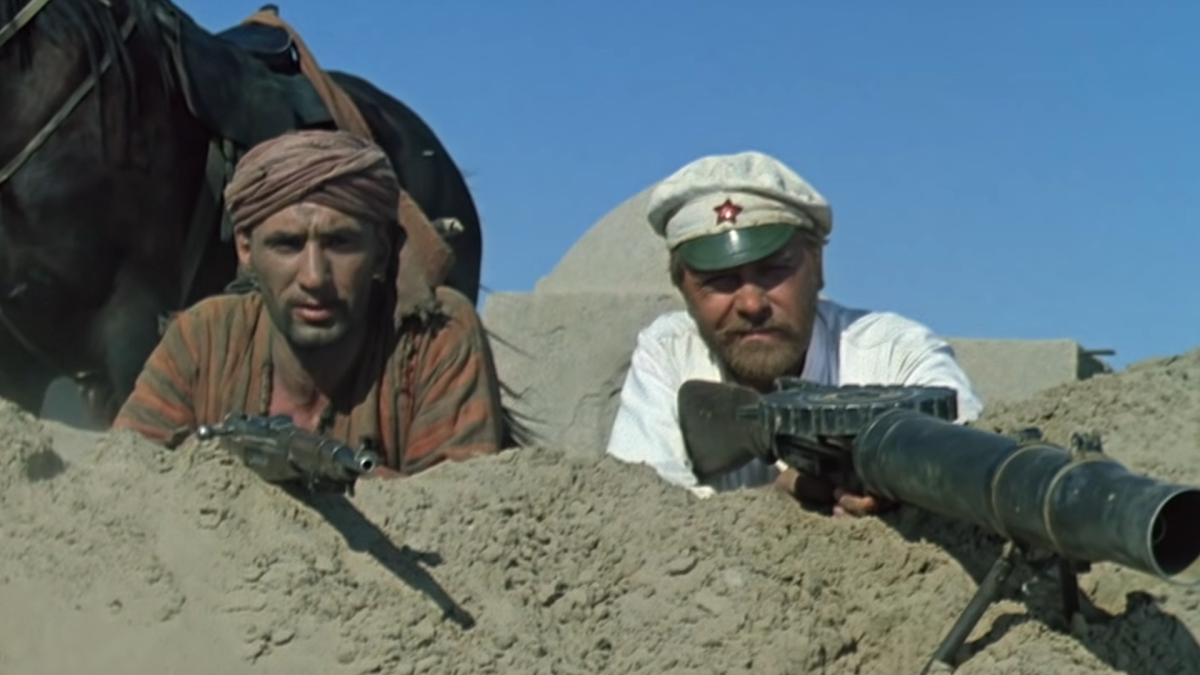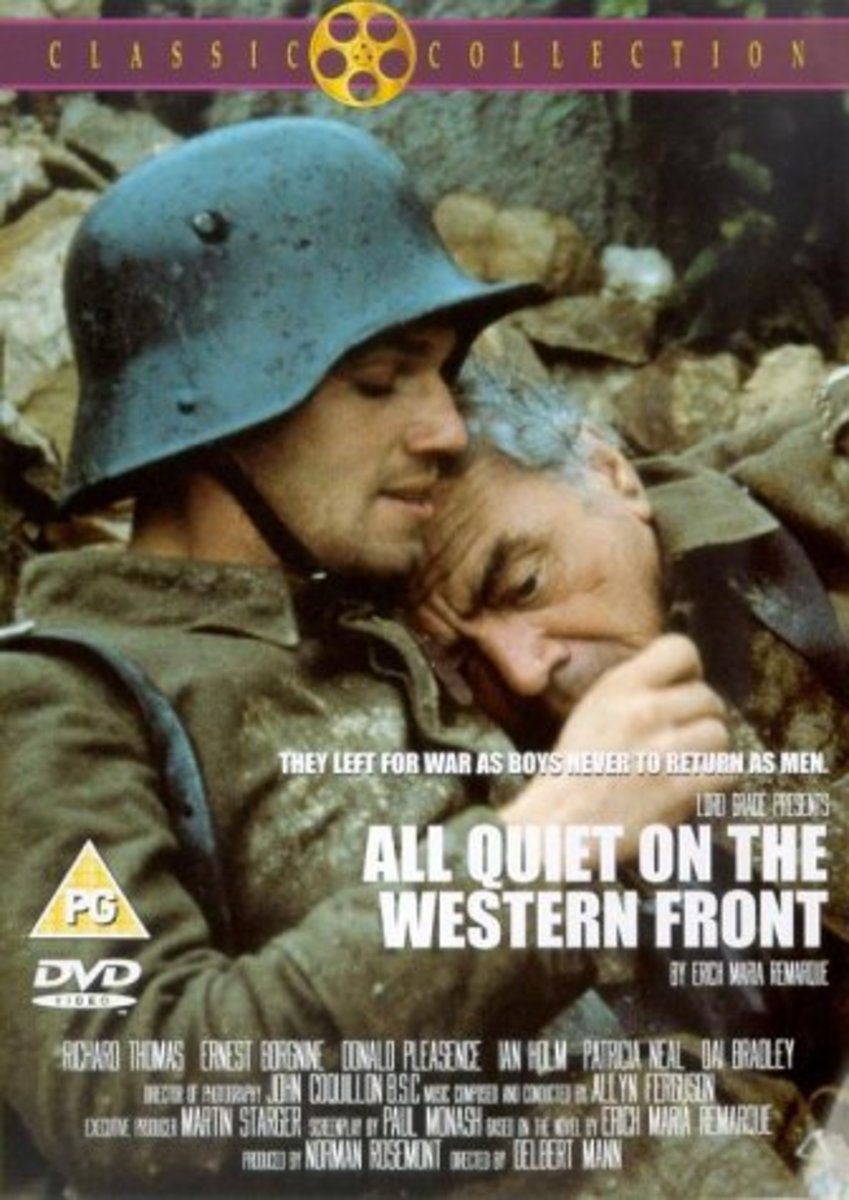Anthropoid – The Final Solution of Patriotism, a Movie Review
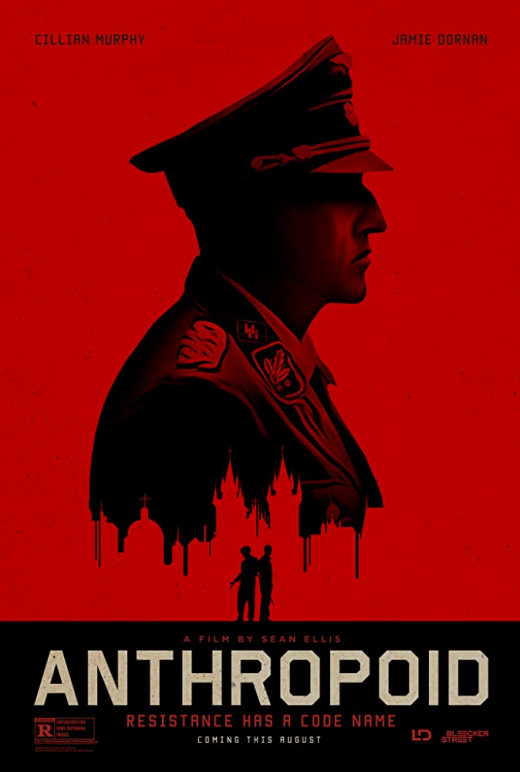
'Cowards die many times before their deaths; The valiant never taste of death but once.'
Many films have tackled before the notion of patriotism (2008’s Valkyrie is one of many examples) but very few have confronted the subject matter with such ample attention to historical accuracy. Anthropoid’s merit lays mainly in the fact that it plays with our sensibility, not through visuals but plain honesty and plausibility.
The film tells the story of a group of Czechoslovakian patriots fighting to resist the Nazi machinery. Their plot is to assassinate Nazi official Reinhard Heydrich. The operation is highly risky as it involves all remaining members of the resistance. The construction of the characters is rather slender, we do not get a sense of their backstory, we merely see them as products of war. The dynamic between them helps us engage in their mission. They are shown not in stark opposition to each other (as we too often see) but in a more nuanced fashion. Cillian Murphy’s Josef has a more stoic nature, he is an expression of urgency, while Dornan’s character, Jan, is of a more sentimental approach. He suffers the trauma of war and wishes to find meaning beyond it. Their scope is ultimately the same and this makes their dynamic function. We are never truly distracted from the goal of the movie. Although we know the outcome, we can’t help but find their actions as necessary howls for resistance.
Although at times the pace of the movie is very slow, our attention never diverges from its scope. There is love involved, but it’s there not to diverge attention from the main plot. It is present to underly a deeper understanding of the nature of sacrifice. It is in our means to make sense of our situation, to find a meaning, a reason to hope that there is a promise of the future awaiting us. The movie thus opens the door to questions like, ‘is there any meaning left after the war? Are our actions ultimately futile?’ To what extent should this virtue of patriotism, of resistance be extended?’. Each of these questions receives attention.
Meaning is achieved through solidarity. If resistance ultimately takes the form of sacrifice, of martyrdom, then solidarity in the face of the aggressor becomes our weapon. The final act of the movie is beautifully shot. If the first half of the movie can at times feel glacial, here we get a sense of immediate urgency. The action is gripping and we come to understand that their final act is not a futile one, but an expression of resistance.
This formula was most recently applied to David Ayer’s war movie, Fury. The characters are merely symbols, archetypes of war. We suffer for them because they have a heroic value.
Truth can be artfully directed to create emotion, and we see an example of this with this movie. The movie never indulges in a romanticization of war. There are no faulty digressions committed, the story is meant to be told as historically accurate as possible. Its realism is striking, the action scenes are beautifully shot, although lacking a more in-depth development of his characters, this is a film aptly, and at times artfully directed movie, and most definitely merits a viewing.
If resistance ultimately takes the form of sacrifice, of martyrdom, then solidarity in the face of the aggressor becomes our weapon.
This is a film worth seeing as truth is artfully and aptly directed to create emotion.
The movie never indulges in a romanticization of war. There are no faulty digressions into the land of imagination committed. The story is meant to be told as historically accurate as possible, and only for this fact alone should it grab our attention and garner our interest. This is a simple story but told with high respect to its characters.
© 2020 Claudiu Ursu

